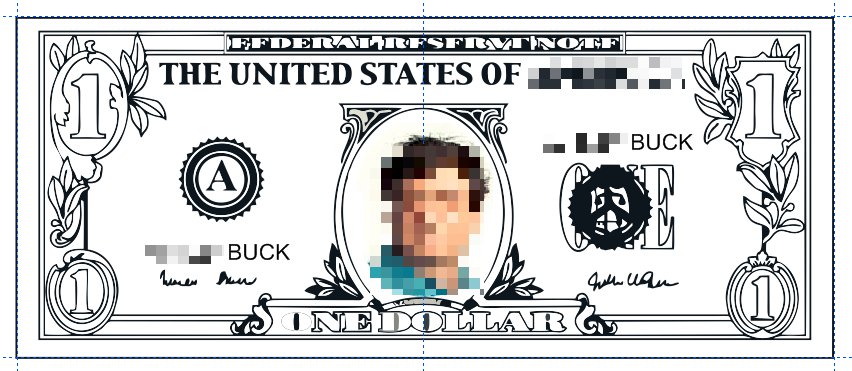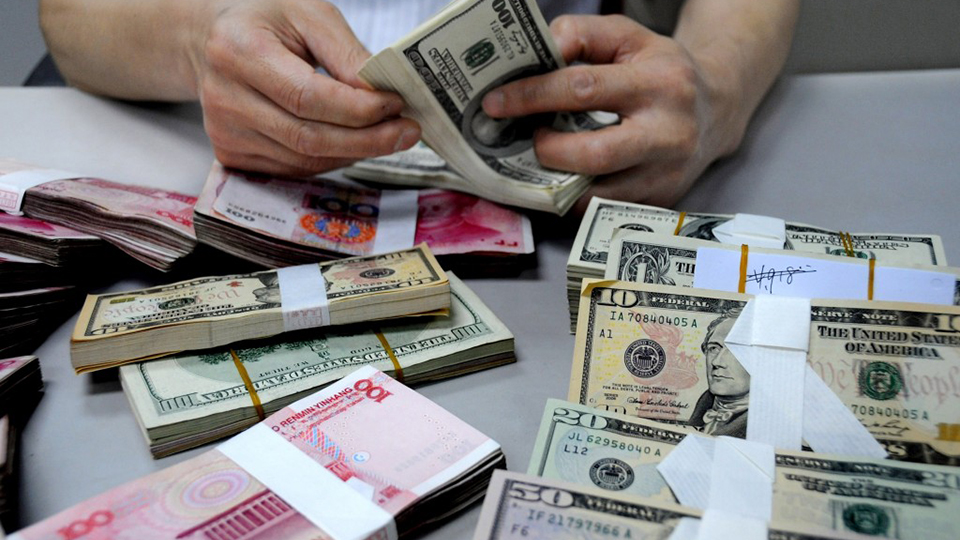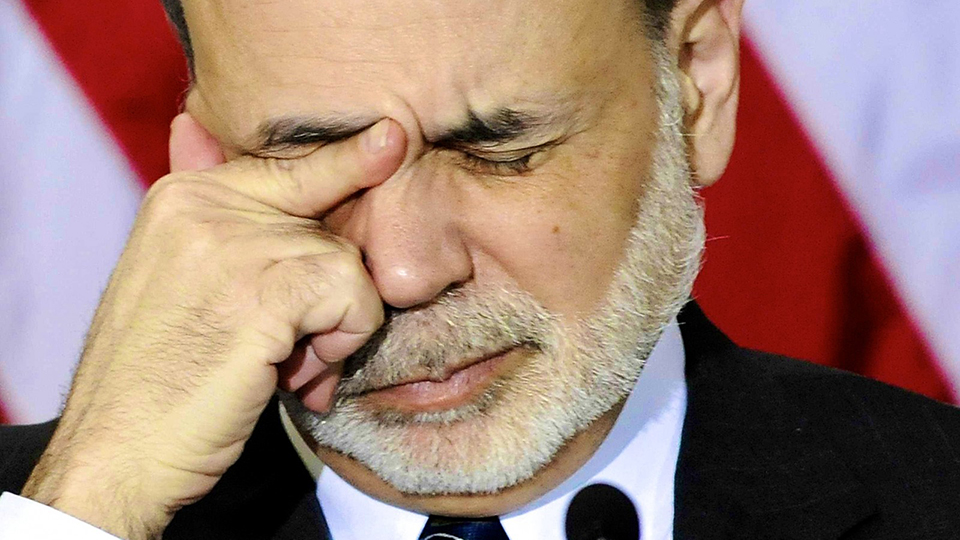
The economic system, as most of us know, enables capitalists to enrich themselves astronomically at everyone else’s expense. Just consider that the wealth of 85 individuals now matches the world's poorest 3.5 billion and the scale of global tax havens that enable the richest to hoard even more.
Professor John F. Weeks's new book, Economics of the 1%: How Mainstream Economics Serves the Rich, Obscures Reality and Distorts Policy goes deeper, explaining how society has come under the deceptive spell of neoclassical thinking – what he calls "fakeeconomics." Neoclassical economics provides a theoretical base to the neoliberal project, writes Weeks, and has become the only game in town when it comes to teaching economics in academia.
Earlier this year, Ruby Russell reported for Occupy.com that economics students in Britain and worldwide are now calling for a radical overhaul of the subject's teaching: to reconnect it to the reality in which most of us live, and to end the neoclassical monopoly on economic eduction.
At the other end of his career, Weeks, the Emeritus professor at University of London, has taken this call a step further and castigated the majority of his peers for intellectual perjury.
Weeks asserts most economists are practicing a pseudo-science, based on an elaborate web of untrue theories supported by largely baseless arguments. To show the depth of the misconception, Weeks claims the study of neoclassical economics in its entirety must be disproven – and this is one of the core, impressive accomplishments of his tight, 246-page book.
Weeks suggests that today’s "econfakers, cor neoclassical economists, have conjured special, additional clichés to deflect attacks against their theories. Importantly, they have ingrained in society the myth that economics is just too complicated for non-specialists to understand, which is why they should leave it to the "experts."
Another key defense used by econfakers holds that any criticism of the free market can only lead to a communist-orientated centralized state – and that people making such suggestions should be treated as heretics.
Weeks’s dry and sarcastic style complements, and lightens, his deep analysis of the economic assumptions which many consider rational. He categorically rejects the notion that "supply and demand determines prices," using as an example the multinational corporations that often set prices after gaining a monopoly. He also attacks the "doctrine of choice," the idea that "unemployment is voluntary," and that "higher wages reduce employment." To Weeks, these are not economic misconceptions so much as deceptions pushed by neoclassically trained economists for decades.
Weeks focuses explicitly on the way freedom is equated to consumerism by neoliberals, and packaged along with notions of "benign markets" where everyone comes out a winner. He suggests the neoliberal promise is an illusion, akin to cloud cuckoo land, where everyone is a happy consumer, everything is as cheap as possible, and no one is ripped off. The neoliberals say this land can be reached by cutting regulations and limiting government interference.
Radically, and perhaps obviously, Weeks suggests the contrary: that freedom is enabled through equality, employment opportunities, good working conditions, human rights – plus many other things that government enables. By framing the processes through which the majority of people spend their lives economically duped, Weeks explores what amounts to a global conspiracy: one that the masses literally buy into as happy, unquestioning consumers.
Weeks suggests that econfakers – whom he considers to be the majority in his profession – are not so unlike alchemists or astrologers. He quotes one, writing for the Legal Momentum and MIT Workplace Center, which applauds the U.K.'s decision to charge higher university fees, and encourages making primary schooling market-based so as to smash public education – doing away with the "anti-capitalist delusion that people have the right not to be ignorant."
Debunking their claims, Weeks on the contrary lays out a clear rationale for why public services such as free education, health care and pensions enable freedom and equality, rather than hold it back.
In his explanation of inequality, Weeks describes the way that neoliberal policies in recent decades allowed the power of capital to increase over labor, particularly through deregulation, union attacks and speculation – the last of which, Weeks suggests, was a central cause of the 2008 Great Recession that hit American employment on a far greater scale than any natural disaster.
Finally, Weeks turns his focus to austerity and the Eurozone crisis. He identifies, and destroys, the myths being held up to explain the current disaster, including detailed discussions of debt, deficits and also the racist propaganda peddled in the north that southern Europeans are simply lazy.
The final result, writes Weeks, is that attacks continue against the working class, whether in the U.S., U.K. or southern Europe. In considering the alternatives, Weeks calls for a regulated, market-based economy and a New Deal for the 21st century – no surprise after his frequent references in the book to President Franklin Roosevelt.
Ultimately, Weeks suggests a new economics for the 99%. We need to consider, first off, how much of our resources currently lay idle; the number of empty buildings in our cities, the amount of food thrown out, etc. Next, government spending must increase, not decrease like it is currently doing.
Throughout Economics of the 1%, Weeks's ideas about what we should do differently can be inferred from his descriptions of what we are doing wrong. However, the alternatives he proposes could have been described and analyzed in more depth and detail.
Perhaps Weeks should write a follow-up book along the lines of Economics for the 99%: How We Can Build A Society That Serves the Majority. Regardless, his work has already played an extremely useful role helping us see and better understand some of the core economic truths we thought we knew.
3 WAYS TO SHOW YOUR SUPPORT
- Log in to post comments















